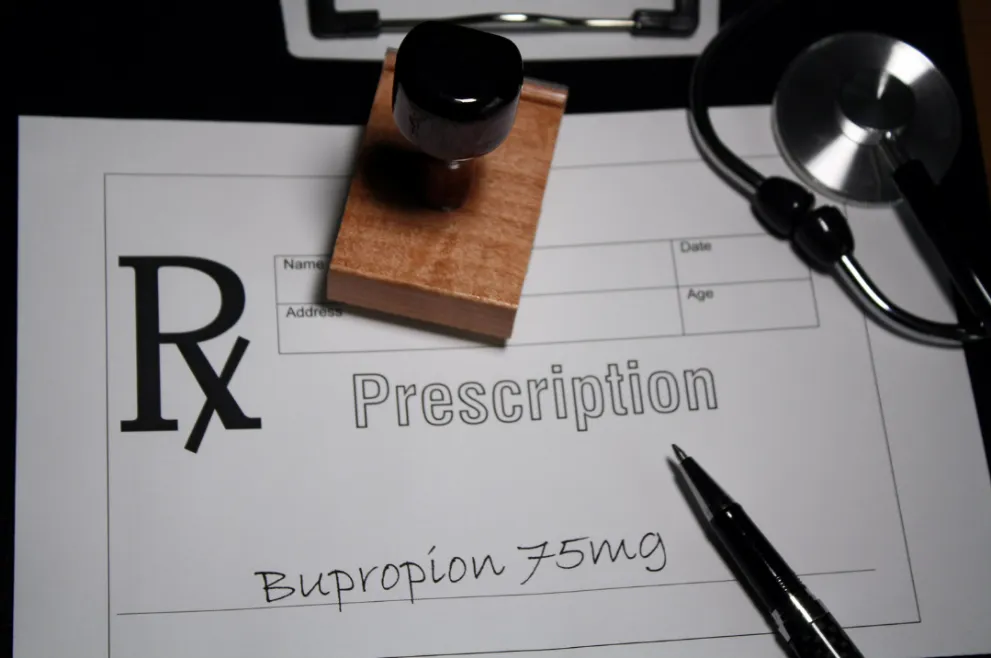RSV is a widespread illness, particularly in young children under the age of five. Typically, RSV infection isn't severe and comes with mild symptoms, such as runny nose, cough, and fever, for those with a healthy immune system. However, those over 65, newborns who were born prematurely, and those who are immunocompromised, are more susceptible to complications from RSV. Vaccines continue to be an effective method of preventing infection but developing an RSV vaccine has been difficult. Continue reading to learn about RSV vaccine progress and the status of the GSK and Pfizer RSVpreF vaccines.
RSV facts:
RSV causes:
- 58,000 hospitalizations each year among children younger than 5
- about 177,000 hospitalizations among Americans aged 65 and above
- approximately 14,000 deaths each year of adults aged 65 and older
- most of the annual pneumonia and bronchitis cases in children under the age of one in the US
What is the rationale behind RSV vaccine development?
Researchers found that RSV infects cells using a specific protein called F protein. This knowledge was used to develop a vaccine that delivers a certain type of F protein called preF to the host body. The protein (preF) causes the host to mount an immunological response by creating antibodies against it. That helps create an immune response to combat the virus when the host body is later exposed to RSV.
How do RSV vaccines work?
RSV vaccines work in one of the following ways:
- protein subunit: the vaccine contains a version of preF protein itself
- viral vector: the vaccine contains a weakened modified virus that produces the preF protein in the host body
- mRNA vaccines: vaccines instruct the cells in the host body to produce preF protein which will later trigger an immune response
Does the RSV vaccine mean 100% protection against RSV infection?
No. RSV vaccines, like other vaccines, do not give 100% protection against RSV infection but do lessen the risk of getting a serious illness if you later contract the infection.
Who is eligible for an RSV vaccine?
RSV vaccines are being trialed in pregnant women and elderly persons. RSV vaccines given to pregnant women have also been shown to provide some protection to the fetus, protecting the newborn for their first few months of life.
Pfizer RSVpreF vaccine update:
Pfizer released encouraging data from its bivalent respiratory syncytial virus (RSV) vaccine candidate's Phase 3 global maternal immunization trial. The report shows:
- the Pfizer RSVpreF vaccine was well tolerated, with no safety concerns in vaccinated individuals and their newborns.
- Pfizer vaccines demonstrated an efficacy of 81.8% against RSV infection in newborns from birth to the first 90 days of life and 69.4% efficacy through the first six months of life. Pfizer plans to submit its first regulatory application by end of 2022.
GSK RSVpreF vaccine update:
The US Food and Drug Administration (FDA) has accepted a biologics license application (BLA) and given priority review status to GSK's older adult (60 years and older) candidate respiratory syncytial virus (RSV) vaccine. The FDA's regulatory decision has an action date of May 3, 2023.
What are the potential side effects of RSV vaccines?
The side effects of the RSV vaccines are not yet fully known. But common side effects of other vaccines such as the flu vaccine or Shingrix include:
- mild fever
- fatigue
- headache
- muscle aches
- cold
- pain at the site of injection
- although rare, some suffer severe allergic reactions from the vaccine
What other precautions can I take to avoid RSV?
You can lower your or your child's chance of getting the RSV infection by:
- washing your hands frequently with soap and water for at least 20 seconds (or use alcohol-based hand sanitizer)
- avoiding touching your eyes, nose, and mouth
- limiting your contact with people showing signs of a cold
- covering your coughs and sneezes
- cleaning and disinfecting surfaces
- isolating yourself if you are sick
Furthermore, some high-risk children may benefit from the Synagis (palivizumab) injection. Note that Synagis is not a vaccine.
How can I save money on vaccines?
You can save up to 88% on your vaccines and other medications using a free RxLess discount coupon. You can use the card in over 70,000 pharmacies nationwide including CVS, Rite Aid, and Walgreens.

















